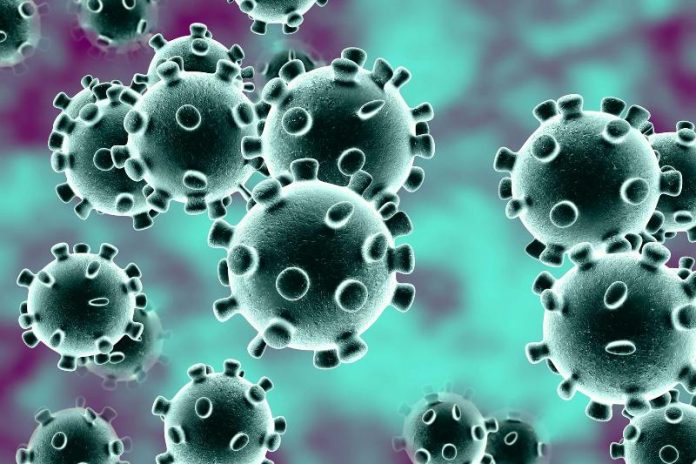News of the coronavirus outbreak in China came just before the new year. With cases of the coronavirus confirmed in the whole world, the WHO has declared it a pandemic with many searching for ways to avoid getting sick.
Dr. Maria Fernandez Falcon, a pediatrician with infectious disease expertise at UT Health Physicians, shares these coronavirus facts and tips to help keep you and your loved ones healthy.
What is the coronavirus?
Coronavirus is named for the crown-like spikes on its surface. Sometimes, coronaviruses that infect animals evolve and become a new human coronavirus. Human coronaviruses were first identified in the mid-1960s.
The current virus is called the 2019 Novel Coronavirus (2019-nCoV). It is identified as the cause of an outbreak of respiratory illness called COVID-19, first detected in Wuhan, China, in December 2019.
Recently, coronavirus infections have been found in countries around the globe, including the United States. According to the Centers for Disease Control and Prevention (CDC), this particular virus appears to have come from an animal source and is now being spread from one person to another.
What steps can you take to avoid coronavirus?
The most likely form of transmission is through:
• Droplets released into the air by coughing and sneezing.
• Close personal contact with someone with coronavirus (touching or shaking hands).
• Touching an object or surface with the virus on it and then touching your mouth, nose or eyes.
The CDC recommends the following to prevent the spread of any respiratory viruses, including coronavirus:
• Avoid close contact with people who are sick.
• Avoid touching your eyes, nose and mouth with unwashed hands.
• Wash your hands often with soap and water for at least 20 seconds.
• If water and soap are not available, clean hands using an alcohol-based hand sanitizer that contains at least 60% alcohol.
The CDC is closely monitoring this situation and working with the World Health Organization (WHO) and state and local public health partners to respond to this emerging public health threat.
What are the symptoms of coronavirus?
At this time, the CDC believes that symptoms of the coronavirus may appear in as few as two days or as long as 14 days after exposure.
Patients with coronavirus have reportedly had mild to severe respiratory illness with symptoms of:
• Fever
• Cough
• Shortness of breath or difficulty breathing
Unfortunately, in more severe cases, coronavirus infection can cause:
• Pneumonia
• Severe acute respiratory syndrome.
• Kidney failure
• Death
What should you do if you think you may be infected with coronavirus?
If you have recently traveled or been exposed to someone who traveled to or from Wuhan, China, and are experiencing fever, cough or difficulty breathing, immediately contact your health care provider.
Be sure to call ahead before going into your doctor’s office or emergency department to prevent any potential spread of the virus.
How is coronavirus treated?
Currently, there is no vaccine available to prevent infection and there is no specific antiviral treatment for coronavirus. People with coronavirus should immediately receive care from their health care provider to relieve their symptoms.
Uthscsa.edu




